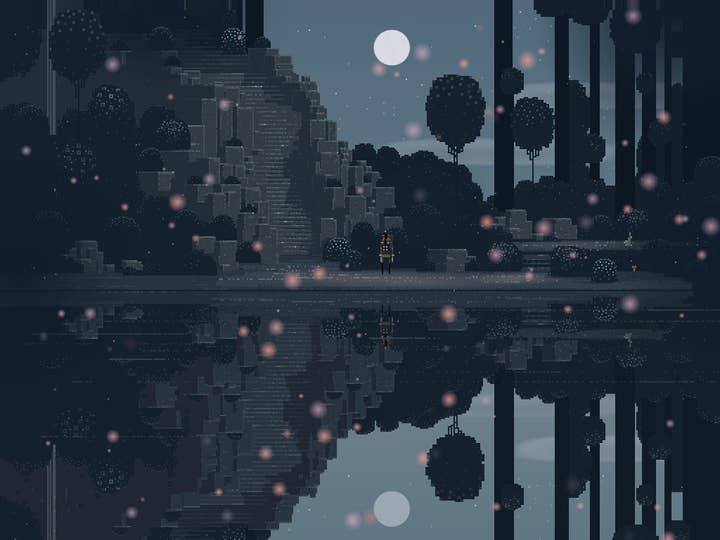Free-to-play offers creative freedom over consoles, says dev
Fuse Powered producer and Capybara Games co-founder dig into issue at IGDA Toronto panel
While some developers lament the design constraints of free-to-play games, one industry has found the business model to be quite freeing. Speaking at an IGDA Toronto panel titled "Dr. Gamelove, or How I Stopped Worrying and Learned to Love Freemium" last night, Fuse Powered senior producer Rob Sandberg said working with the publisher of free-to-play fare like Zombie HQ and Universal Movie Tycoon has given him more creative freedom than he ever had in the traditional gaming space, when he worked as a producer on games like Freedom Force, UFC: Throwdown, and The Shield: The Game.
"When I was making console games, we were so limited in terms of creativity," Sandberg said. "We had so many people, it was design by committee. We had publishing partners influencing our designs and our games, and we had no control over it. So we were making crap products, and we couldn't get good deals because our last games were crap products."
"Get over it. We're not the video game club, we're the video game industry, you know?"
Rob Sandberg, on free-to-play backlash
However, Sandberg acknowledged that a significant segment of the development community holds a dim view of free-to-play projects. And to those developers, he said simply, "Get over it. We're not the video game club, we're the video game industry, you know? We're here to make money. We're not saying freemium is going to take over and every piece of entertainment you consume is going to be freemium. All we're saying is right now there's a great piece of the pie being carved out if you're wily and you're smart and you want to take advantage of it…All I have to say is don't drape yourself in the flag of being a core gamer just because you don't like it. There are a lot of very excited, energetic gamers out there that really love these games and enjoy this entertainment."
Sandberg later added, "One of the biggest challenges I have as a producer is getting game development teams to get on my side. Because they are there for the vision. They're there for the art. They want to make a kickass game, and it's my job as a producer to convince people that you can have your cake and eat it, too. You can create high art. If you look at the top grossing games right now, a lot of those games are amazingly good looking, phenomenal games, from an artistic perspective."

The panel also had a voice from outside the free-to-play community in the form of Capybara Games co-founder Nathan Vella, who said that the games are too often designed with money as the first and foremost consideration.
"It's interesting that when free-to-play is discussed, it's only ever discussed as a business model," Vella said. "It's never discussed as enjoyment factor, like, "How do I make the best game possible? The only way to do it is free-to-play." That's never in the dialog. The dialog is consistently and permanently about how to monetize."
While Vella namechecked games like League of Legends and Puzzle Pirates as admirable examples of interesting free-to-play models at work, he lamented the sea of Farmville-like clones that pursued the same fundamental compulsion loops to hook gamers.

